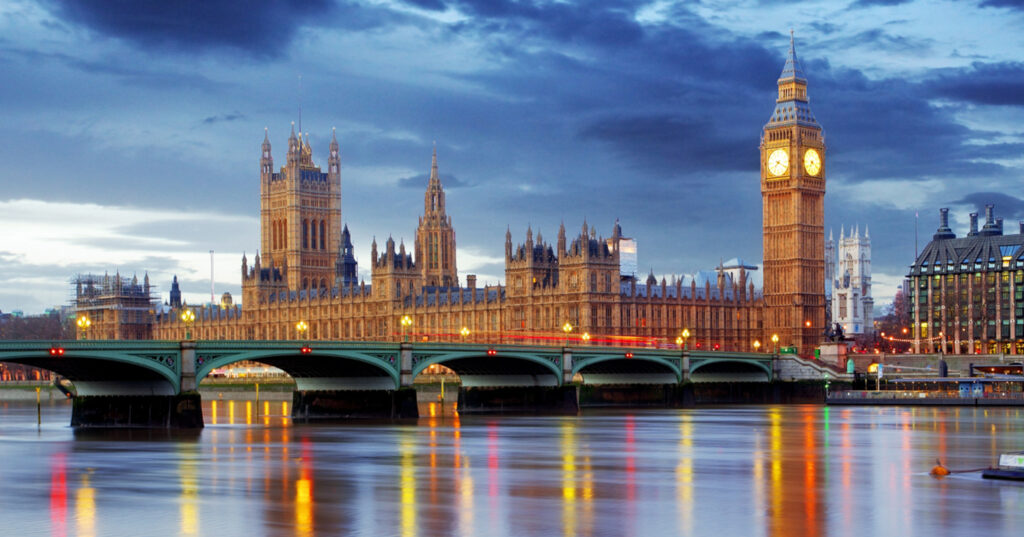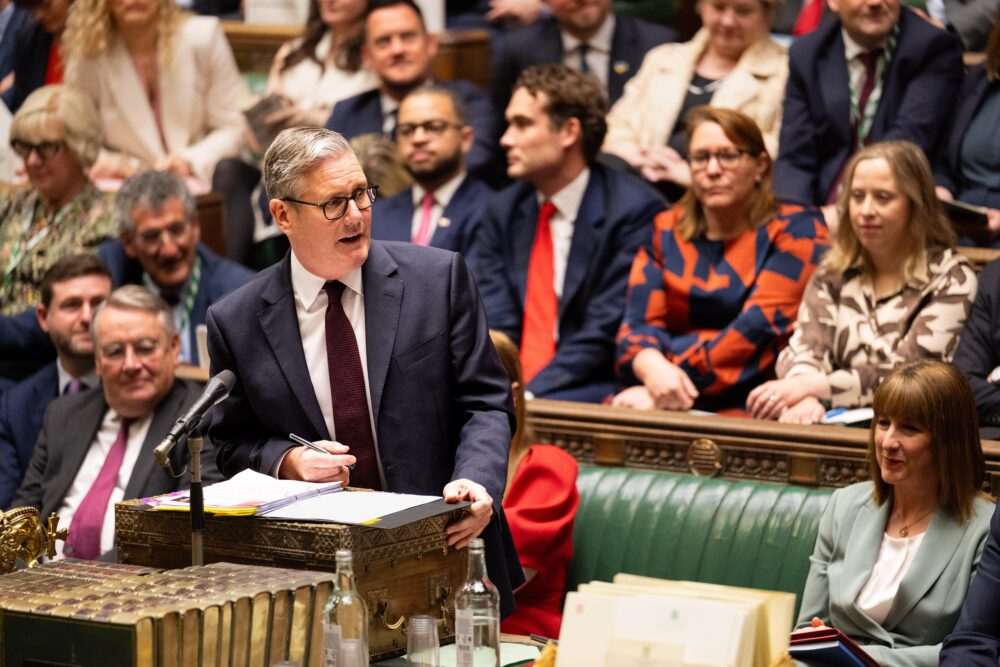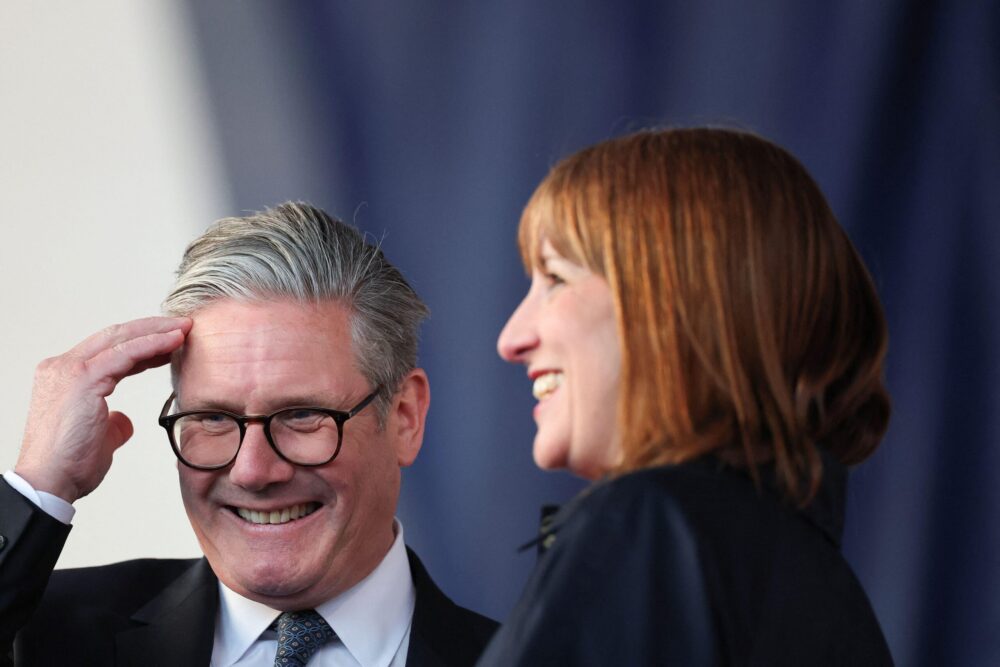
For Conservatives of my generation, Jeremy Corbyn’s speech to the Labour conference on Tuesday had a reassuringly familiar flavour. We know where we are with old lefties who declare “we’re a rich country” – as though that is just a given, and all politicians need to do is decide how to spend it – and who spit out the word “profit” as if it were a profanity (and as if any of the things they say they want could be paid for without it).
But there were some odd parts too. I don’t just mean the bit about giving younger people and older people the space for their fizz to explode into the joy we want. I am thinking more about the assertion that the Conservative government had been “made by the few” – as though the administration had been imposed on an unwilling electorate by a ruthless cabal of hedge fund managers, arms dealers, private health conglomerates and slum landlords. It is one thing to complain, as he did, that the Tories under Cameron have attracted some significant donations over the years from companies and individuals, myself among them (though that will not do as an explanation for the election result – the Tories topped Labour’s spending in 1997 and 2001 and equalled it in 2005, for all the good it did them). But Corbyn made no acknowledgement that the government had, in fact, been “made by” the 11,334,576 people who voted for it.
Still, what dreadful people they must be. The Tories, said Corbyn, want to destroy social care, slash public services, vandalise the NHS, destroy the hopes of young people, put children in poverty, and deny millions of people their right to vote. Whoever would support a party like that? Gullible readers of the right wing press, some on the left would say, plus greedy individualists with no thought for the common good.
Others might be slightly more generous, conceding that for many it may have been a head-over-heart decision. There is something in this. As I found in my post-vote poll on election day, voters who said that trusting their party’s values and motives was the most important reason for their decision were evenly divided between Labour and the Conservatives. But those who voted because they thought their party’s leader would make the best PM, and those who said they chose their party because it would make the most competent government, backed the Tories by a margin of more than fifty points.
It should be salutary for Labour that a fair number of 2015 Conservatives – around one in twenty of the total, according to my survey – had voted for Gordon Brown five years previously. As I found in my research for Project Red Dawn, these people had thought long and hard about their decision, and for many it was a real wrench (much more so than for those who switched to UKIP, most of whom said they found it an easy decision). But that does not mean they were cold, selfish pragmatists.
Those who moved from Labour to the Conservatives thought Britain was on the right track, and that Labour risked derailing the progress that had been made, not least through unaffordable spending and borrowing (not so much despite the party’s good intentions, but because of them). They accepted the need for further austerity not because they were heartless but because they believed it was needed for the longer term good of the country. Many certainly found the Tories more sympathetic to their own aims in life – especially if they had their own business or wanted to buy their own home – they also believed the Conservatives more determined than Labour (and David Cameron more able than Ed Miliband) to tackle the country’s problems in ways that went beyond spending more money.
Pretending these public-spirited optimists do not exist, or condemning the choice they made (and, by implication, their grotesque moral turpitude in having made it) are probably not the best ways to start winning them back. Nor is there any reason to think that a more trenchant proclamation of Labour’s values would be persuasive, when we know that voters still regard the ability to run a country as an important qualification for office.
But it becomes clearer as time goes on that for Corbyn and his followers – no doubt to the despair and bewilderment of most of his party in parliament – building the coalition of voters they would need to win a general election is simply not on the agenda. Watching Corbyn’s speech you would never know his party had just lost a general election (though you might well suspect it was about to do so). Instead of trying to answer the question “why should Britain trust Labour to govern again?”, he just changed the subject.
All of which will add to the Tories’ high spirits as they gather in Manchester and prepare to give David Cameron the rapturous welcome his victory warrants. But however pleased with themselves they may all deservedly feel, they must take care not to show it. The tone should be one of business as usual: getting on with the job, delivering on the policies on which they were elected. They should take the lead from Cameron’s promise, made in Downing Street on the morning after his triumph, that the Conservatives would govern “as a party of one nation, one UK”, and to ensure that the recovery “reaches all parts of our country, from north to south, east to west”.
What could distract from that message? A long, noisy, self-indulgent row about Europe, a subject that Tories have always found more engrossing than anyone else. Any evidence that the Tories think no serious opposition means there is no need to be accountable. Anything, above all, to suggest that the party takes the next election, and therefore the voters, for granted.
Despite the clear contrast people saw between the parties in May, many voted Tory only reluctantly. The doubts about the party’s motivations and priorities that had put them off before have not gone away completely. Over the next five years, then, those reluctant Conservatives could become reconciled, or resentful. For now, the sun is shining on the Tories: will they make hay, or mend the roof?


